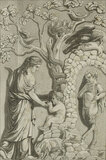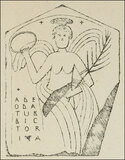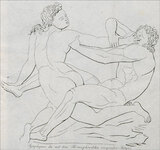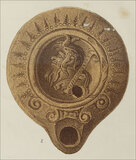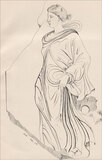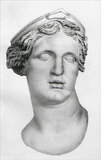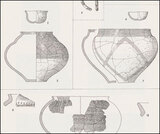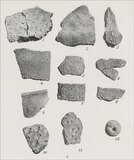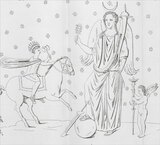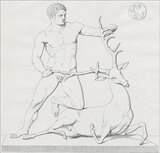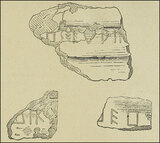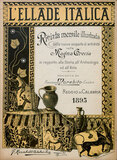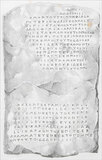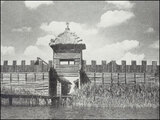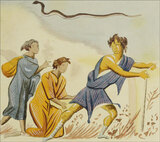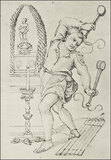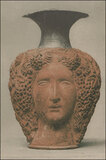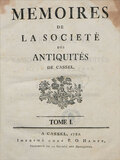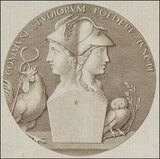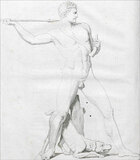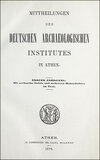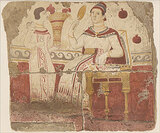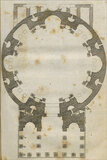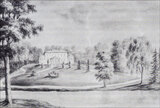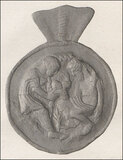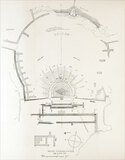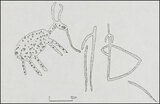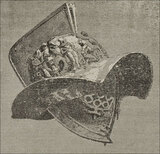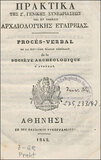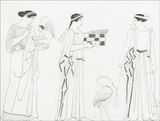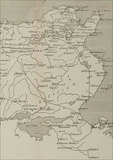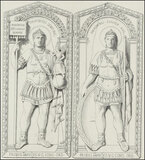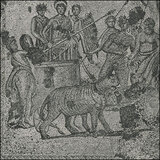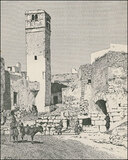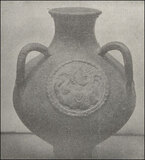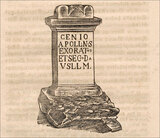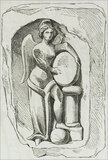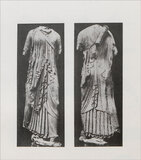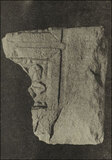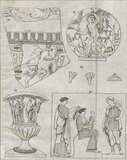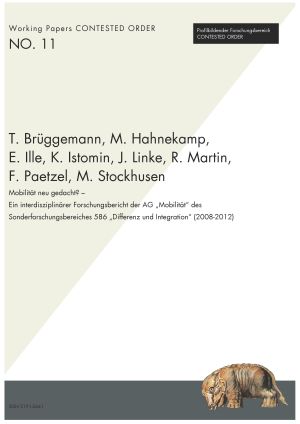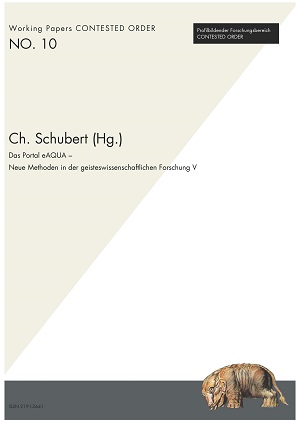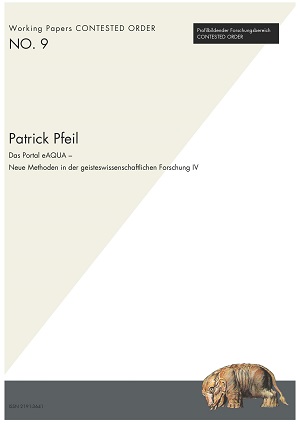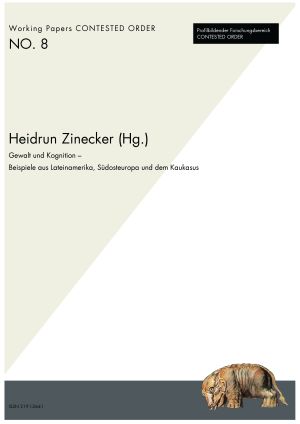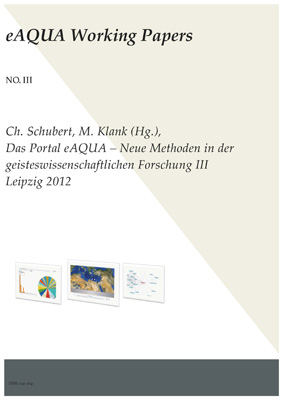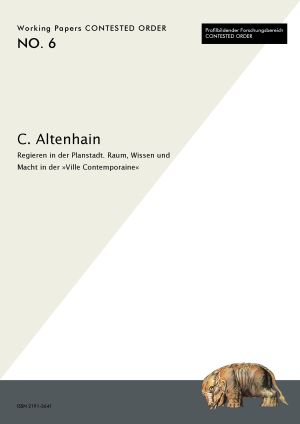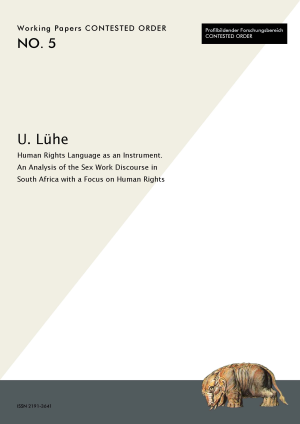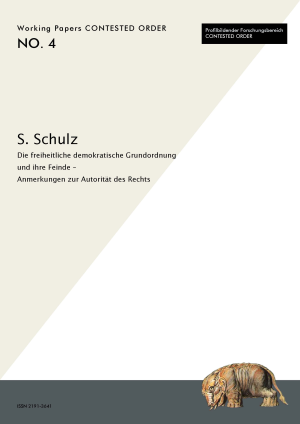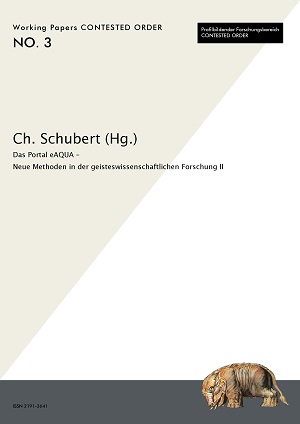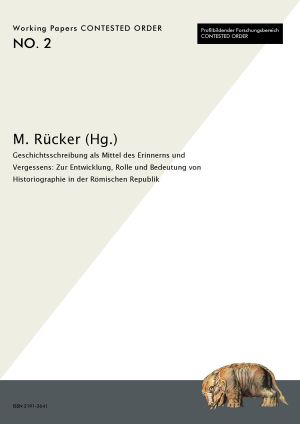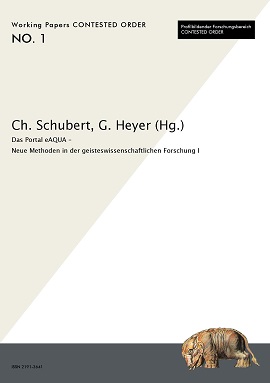“AP: Online Journal in Public Archaeology” is a brand new peer-reviewed journal devoted exclusively to Public Archaeology. Edited by JAS Arqueología S.L., it will be freely distributed online in order to ensure full access to the discussion and spread of a growing stream that is starting to settle into everyday archaeological practice, as it should.
The definition of Public Archaeology is still too broad to even talk about a consensus on it. This call for papers is not going to be a place to discuss about that, but the aim of the journal is to be able to delve into every issue related to the field. The limit of the definition is slightly clear. Archaeology is generally understood as the study of past societies from their remains, and Public Archaeology is the study of the relations between this Archaeology and Society in every aspect of daily life (social, economical and political). We are talking about the present of Archaeology and the different issues that affect it and its relation with the public.
A list of topics could be the following, but there are many others included in the scope of Public Archaeology:
-The economic and political impact of Archaeology
-Archaeology as Popular Culture
-The History and development of Archaeology as a professional practice
-Theoretical issues around the publicity of Archaeology
-The image of Archaeology
-Legal issues on archaeological practice and the illicit trade of antiquities
-The presentation of Archaeology to the public
And so on...
That is why the criteria for a preliminary selection will be subject to the topic. Due to the broad limits of Public Archaeology, topics can reach beyond any list.
This journal has been born with the desire to be a reference in the field of Public Archaeology. Therefore, we encourage all of you working in the stream to share your experiences and ideas in this open forum for the development of Public Archaeology.
7 32
Local Communities’ Perceptions of Archaeology and Cultural Heritage Resources in the Mtwara Region of Tanzania
Festo W. Gabriel
[Abstract][ Download ]
33 66
Archaeology, Politics, Entertainment and Dialogue: Polish (Digital) Public Archaeology
Alicja Piślewska
[Abstract][ Download ]
67 96
Blogging about the End Times: Dealing with the Fringes of Archaeology
Johan Normark
[Abstract][ Download ]
97 122
Of Pyramids and Dictators: Memory, Work and the Significance of Communist Heritage in Post-Socialist Albania
Francesco Iacono and Klejd L. Këlliçi
[Abstract][ Download ]
123 146
Punk, DIY, and Anarchy in Archaeological Thought and Practice
Colleen Morgan
[Abstract][ Download ]
147 150
Points of You - Settling the differences and enabling change: Toward a more inclusive management of archaeological sites in Athens
Helen Stefanopoulos
[Abstract][ Download ]
151 156
Review - Faking Ancient Mesoamerica / Faking Ancient Andes
David S. Anderson
[Abstract][ Download ]
157 162
Review - Where the wind blows us
Lisa K. Rankin
[Abstract][ Download ]
163 168
Review - Archaeology, Heritage and Civil Engagement
Alexandra Ion
[Abstract][ Download ]
169 174
Review - Archaeology, the Public and the Recent Past
Jaime Almansa Sánchez
[Abstract][ Download ]
175 182
Review - Blogging Archaeology
David Mennear
[Abstract][ Download ]
183 190
Review - Arqueología Pública en España
Ana Pastor
[Abstract][ Download ]
191 202
Review - The Past in the Present
Stelios Lekakis
[Abstract][ Download ]
203 205
Review - Cultural Property Crime
Ignacio Rodríguez Temiño
[Abstract][ Download ]









 on a common noun, a verb, an adjective, a metaphor, a name, a cult epithet…
on a common noun, a verb, an adjective, a metaphor, a name, a cult epithet… 


